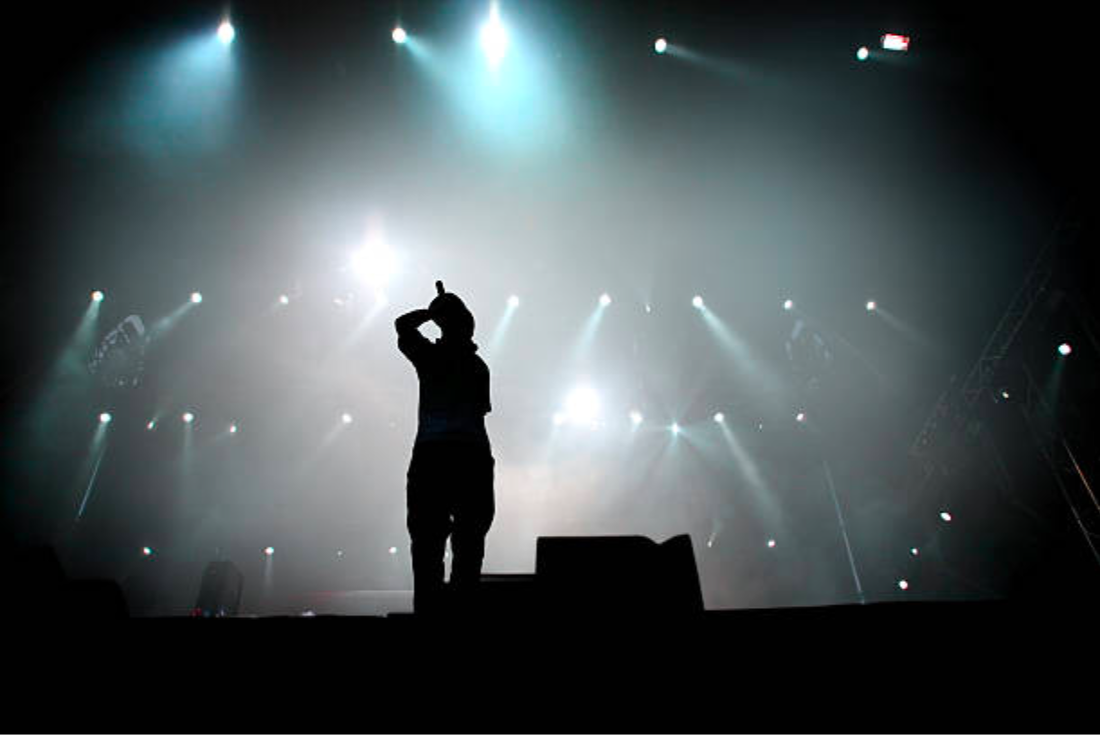|
Written by Mariah Keeling The word “rap”, although colloquially thought to initially have been an acronym for “Rhythm and Poetry”, has deeper roots in traditional West African music, tying into the rhythm, pitch and timbre used to facilitate storytelling and social communion.
Critical race theory, combined with a feminist lens on the North American mainstream rap industry analyzes the themes across modernized rap music. It can be conceded that not all music needs to have deep, entrenched historical meaning and revolutionary criticism of society and systemic oppression. That being said, the double standard placed upon female-rapped lyrics in comparison to male-rapped lyrics is one that is evidently clear as the media jumps at the opportunity to highlight specific bridges and choruses. Rap music emerged as a subsection of Hip-Hop during the 1970s after the Civil Rights movement in the United States of America. The lyricism in rap focused on dismantling systems of oppression and power dynamics, advocating for rights using an art form that attracted a youthful audience tied to African American culture. While rap became a tool to express social, political and economic struggles, it has evolved from the 20th century into another mainstream entity, moving away from empowerment and into a sexual script; approved norms that become internalized and manifested - that is a new double standard for mainstream industry rappers, in particular female rappers attempting to share the spotlight with “Kings of Rap” such as Drake, 21 Savage and Kendrick Lamar. The trending themes in which male and female-identifying rappers use for their top hits polarize views on independence. While many well digested songs tend to focus on materialism, insinuation of independence is portrayed vastly differently. Female artists depict financial stability and control of their sexuality as markers of independence. Male artists compare and contrast the archetype of gold digger against independent, further claiming sexual prowess through anecdotal encounters. Perhaps the most famous case in current media is the Grammy Award for WAP, by Belcalis Marlenis Almánzar Cephus, stage name Cardi B, and Megan Jovon Ruth Pete, known more commonly as Megan Thee Stallion. Their rap hit earned them a 2021 Grammy, alongside breaking the record for the biggest 24-hour debut on YouTube from an all-female collaboration. While WAP gained recognition across Billboard, Rolling Stone, The New York Times amongst other critical rankings, it also gained over 1000 complaints for being broadcast during the Grammys performance in their winning year. Complaints surrounded the objectification of women and performances akin to a strip club, causing much concern for viewers as it is a televised event. Meanwhile, in 2017, Kendrick Lamar’s “DAMN” tour opened with the rapper YG bringing out strippers and poles for his set, deemed as an essential part of his brand. While songs such as “No Limit” by G-Eazy and “Rockstar” by Post Malone and 21 Savage make claims of having “300 one-night stands” amongst other sexual innuendos, the content of rap songs such as “Hot Girl Summer” by Megan Thee Stallion and Nicki Minaj or “I Like It” by Cardi B are critiqued for vulgar language in analogous contexts. Criticism is launched at female rappers for their lyrics and the success of each release. Nicki Minaj tweeted “In any field, women must work TWICE as hard to even get HALF the respect her male counterparts get. When does this stop,”. Maintaining respect as a female rapper requires a much more meticulous release of works, while oftentimes male rappers are given a “pass” when an album or single does not fare as well on the Billboard Top 40. As 90s rap artists such as Foxy Brown, Missy Elliot and Lil Kim made their way into the popular rap scene, another double standard began to emerge - pitting female rap artist against female rap artist. When Nicki Minaj’s “Queen” was set to release, media surrounded the impending conflict between its success and that of “Invasion of Privacy” by Cardi B. While one does not have to be a connoisseur of rap, or even enjoy rap to identify its significant style of lyrics and themes, it is evident that the industry is flooded with a double standard, characterizing female-identifying artists as over sexual or explicit, whereas male-identifying artists are praised for their independence and prowess in their musical skills. As we move into a society that becomes more sex-positive and focuses on empowerment rather than stereotyping, the media must follow suit and consider the King of Rap may also be a Queen. Photo credits: https://www.pexels.com/search/rap/
0 Comments
Your comment will be posted after it is approved.
Leave a Reply. |
Categories |


 RSS Feed
RSS Feed